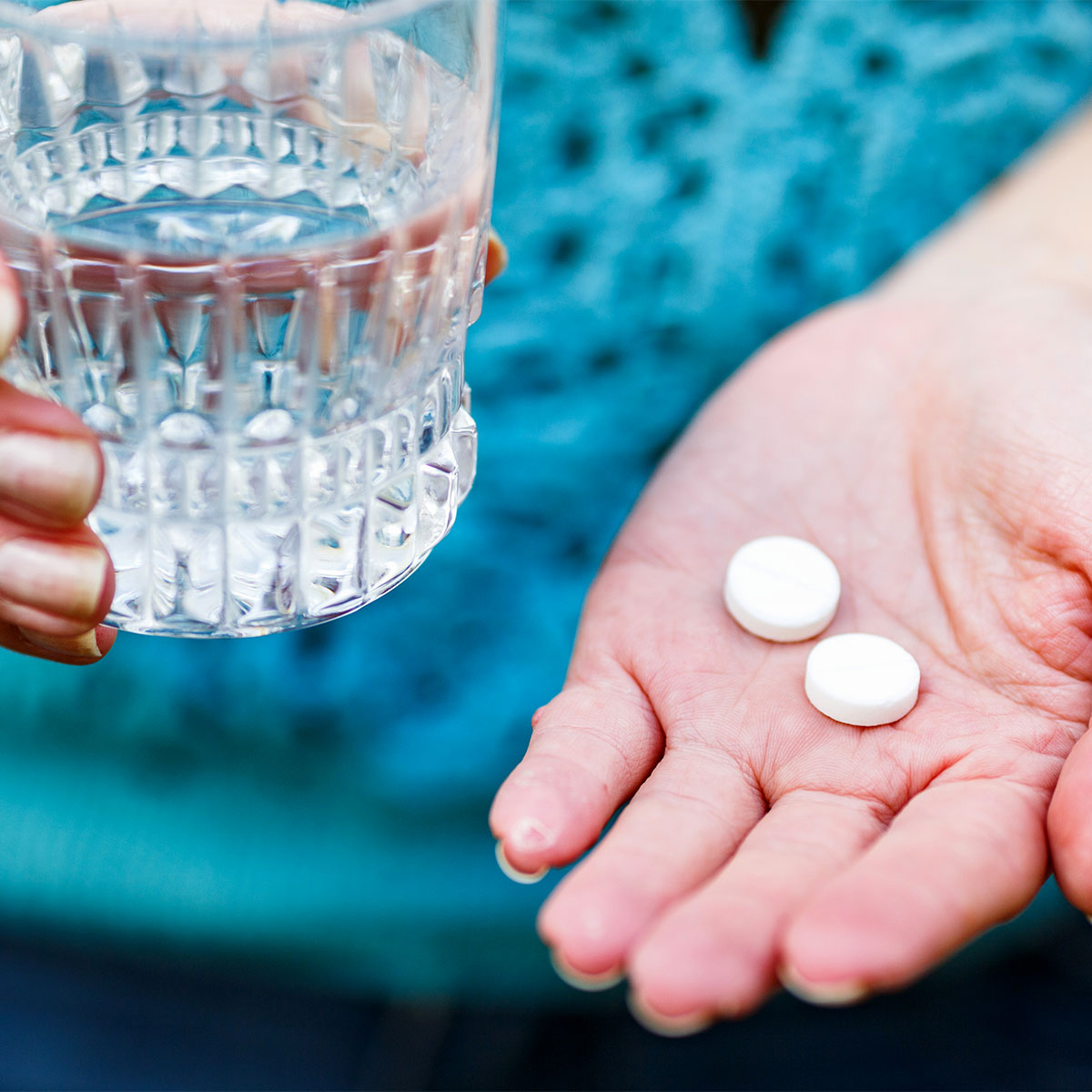
1. Vitamin A can damage your liver
Dr. Charles warned viewers about the popular belief that Vitamin A supplements can work wonders for the skin and eyes. Although Vitamin A is certainly an important nutrient, he highlighted a darker side to excessive Vitamin A intake, which could be a result of supplementation. "People think it can help your skin and eyes, but it can actually build up in your body and cause liver damage," he cautioned. While Vitamin A is essential for maintaining healthy skin and vision, excessive amounts from supplements can indeed lead to toxicity, affecting the liver and causing a range of health issues. Instead, it's best to get this vitamin directly from the foods you eat.
2. Vitamin E is linked to cancer
Addressing the fact that many people take Vitamin E supplements for its antioxidant properties, Dr. Charles dropped a bombshell by stating, "People love it for its antioxidant effects, but it has actually been linked to higher rates of cancer." While antioxidants are generally praised for their ability to combat free radicals and oxidative stress, some studies have suggested that high doses of Vitamin E may indeed increase the risk of certain cancers in some cases.
3. Iron could harm your heart
Iron is an essential mineral crucial for transporting oxygen in the blood. However, Dr. Charles cautioned against supplementing with iron without proper guidance. "Unless your doctor specifically says to take iron, it can actually damage your heart," he emphasized. Iron overload, known as hemochromatosis, can lead to serious health issues, including heart problems. Therefore, it's vital to consult with a healthcare professional before incorporating iron supplements into your routine. There are plenty of iron-rich foods to work into your diet to safely increase your iron intake in place of supplements.
4. Biotin can interfere with lab tests
Many individuals turn to biotin supplements in the pursuit of healthier hair and nails. However, Dr. Charles gave a warning: "It can interfere with your lab tests, and you actually don’t need to supplement with this for your hair and nails." Indeed, biotin, a B-vitamin, is known for its role in promoting more beautiful locks and nails, but excessive biotin intake can skew laboratory test results, leading to misdiagnosis. In most cases, a balanced diet provides sufficient biotin, making supplementation unnecessary for many.
The bottom line
Ultimately, while these supplements can offer valuable nutrients, it's always crucial to be aware of their potential risks and consult with healthcare professionals before incorporating them into your routine. Additionally, you should remember that more is not always better when it comes to supplementation.
READ MORE: Combining These Supplements Is Actually So Dangerous, Doctors Say


